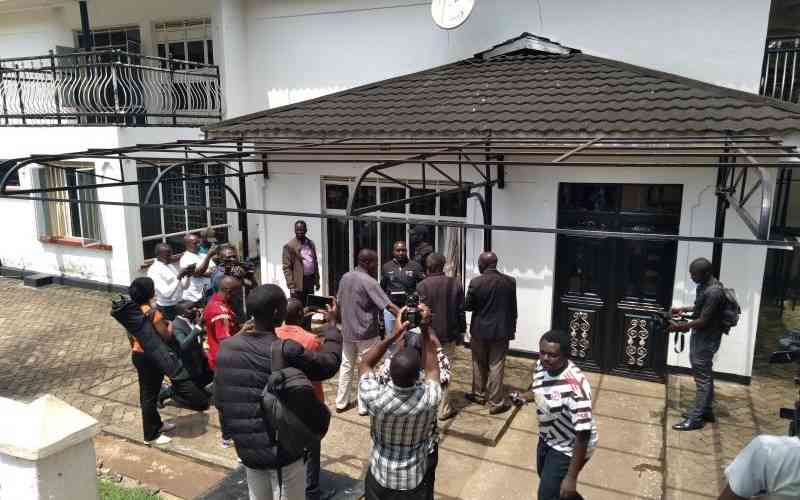
The silence was deep. No one moved. No one sneezed. Not a single soul coughed. He slowly lowered his glasses and scanned the congregation. His eyes settled on the front row. "After my preaching today, my life is in danger. But I do not fear man. I can see the secret police are here. Caleb Atemi of the Nation newspaper, I know. Amos Onyatta of the Standard newspaper, I also know. But for those pretending to be journalists, may God forgive you."
I have never seen so many notebooks disappear between people's legs. The Special Branch, an evil police unit, was in attendance at the Anglican Church of Kenya, St Stephen's Church in Kisumu. Bishop John Henry Okullu, an outspoken cleric, had delivered a hard-hitting sermon on leadership. He had challenged President Daniel Moi's order to end public debate on multi-party politics.